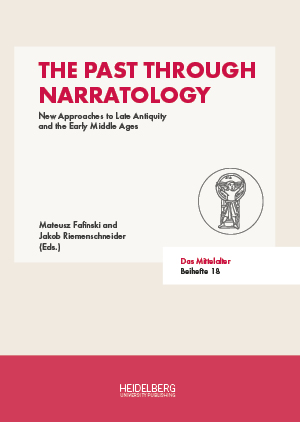How to Cite
License (Chapter)

This work is licensed under a Creative Commons Attribution-NonCommercial-ShareAlike 4.0 International License.
Identifiers (Book)
Published
Reading the „Adversus Iudaeos“ Dialogues Through Narratology
Creating in Writing a Culture of Jewish-Christian Disputations in Late Antiquity
Abstract Late Antiquity was replete with intense religious antagonisms and disputes. Intra-Christian debates were part of this environment, and the Church’s Ecumenical Councils were based on such religious meetings. Although we know much about debates between Christian groups, we know less about debates between late antique Jews and Christians. However, in the Christian literature, the Adversus or Contra Iudaeos dialogues, a large corpus of dialectical texts against the Jews, portray imaginary discussions between Christians and Jews. This article considers narratology as a methodological framework to read Adversus Iudaeos dialogues. By investigating elements of temporality in an example text, the ‘Dialogue of Grēgentios with Herban the Jew’, I analyse three categories of time: duration, order, and frequency. I explain how time creates an effect of realism, which was conducive for the dialogue author to construct an effective rhetorical space that allowed him to give the impression that such debates between a Christian and a Jew were once organised, recorded, and composed as memories of real events, thus propagandising (through their composition) for the correctness of his theological beliefs as outlined in the dialogue.






